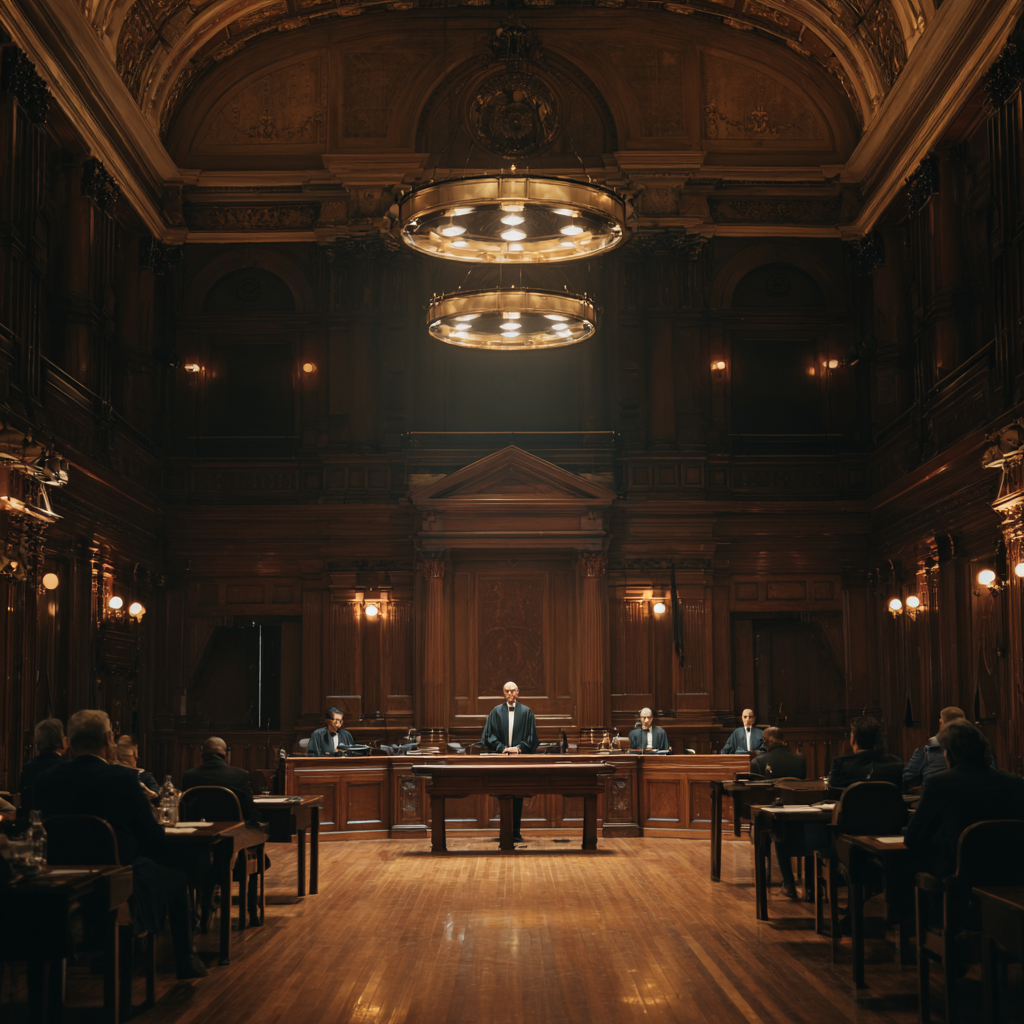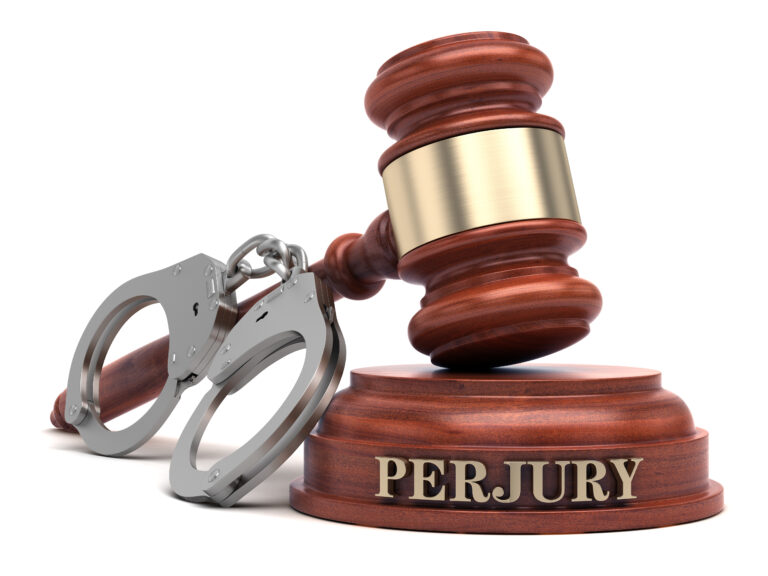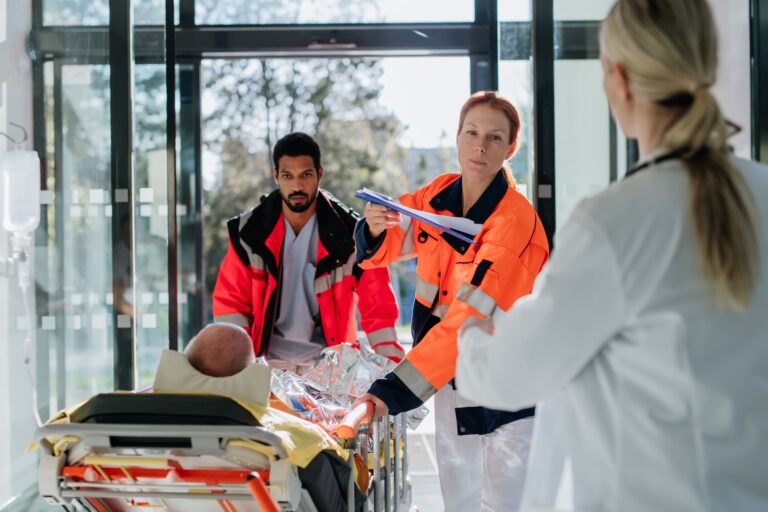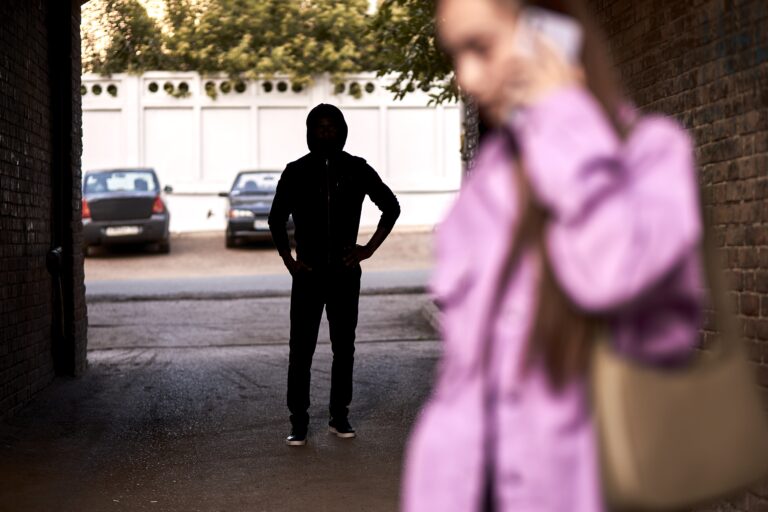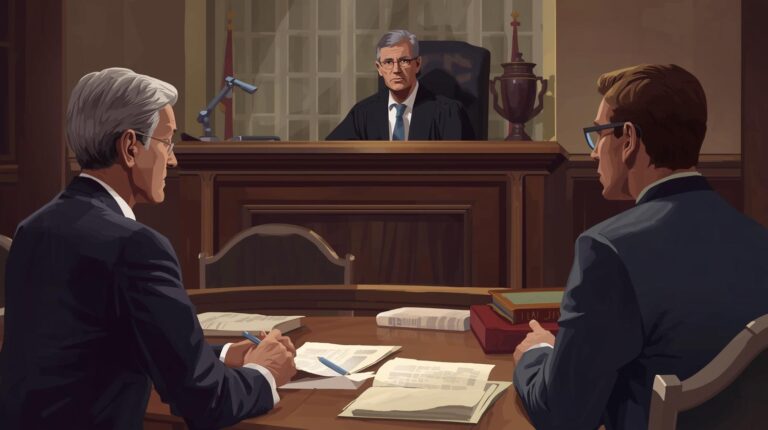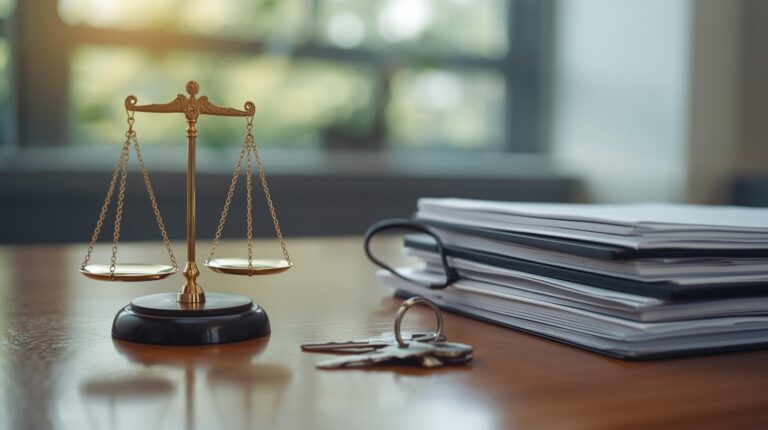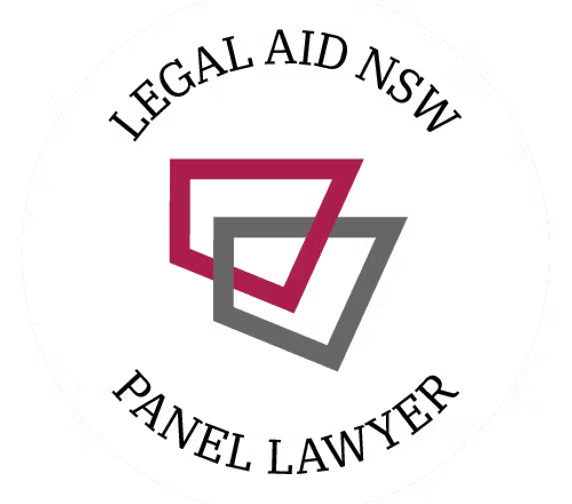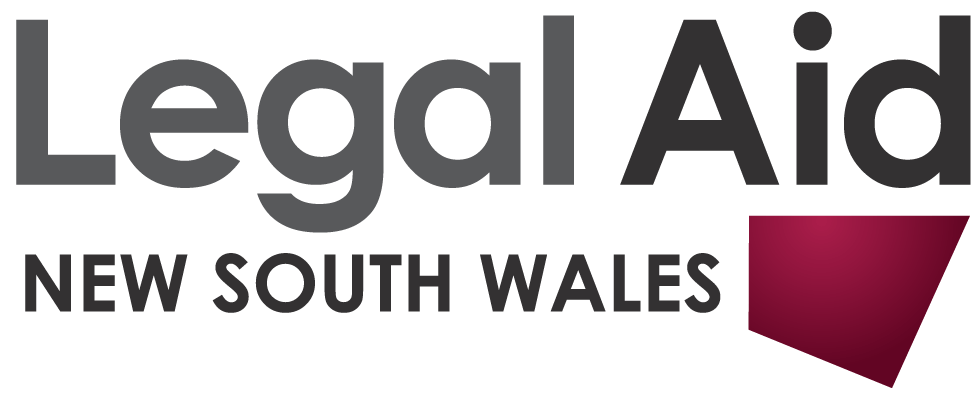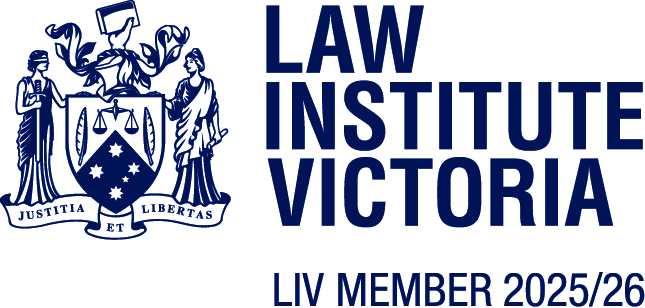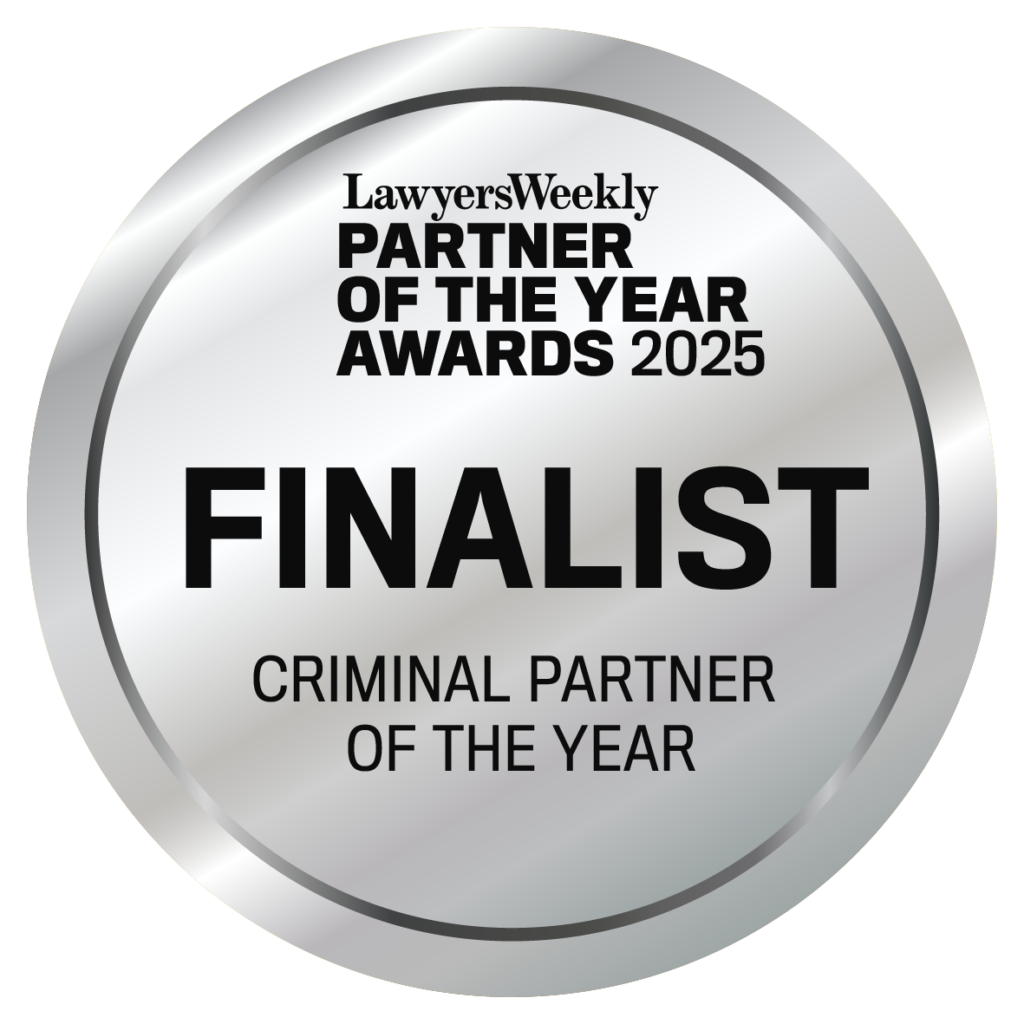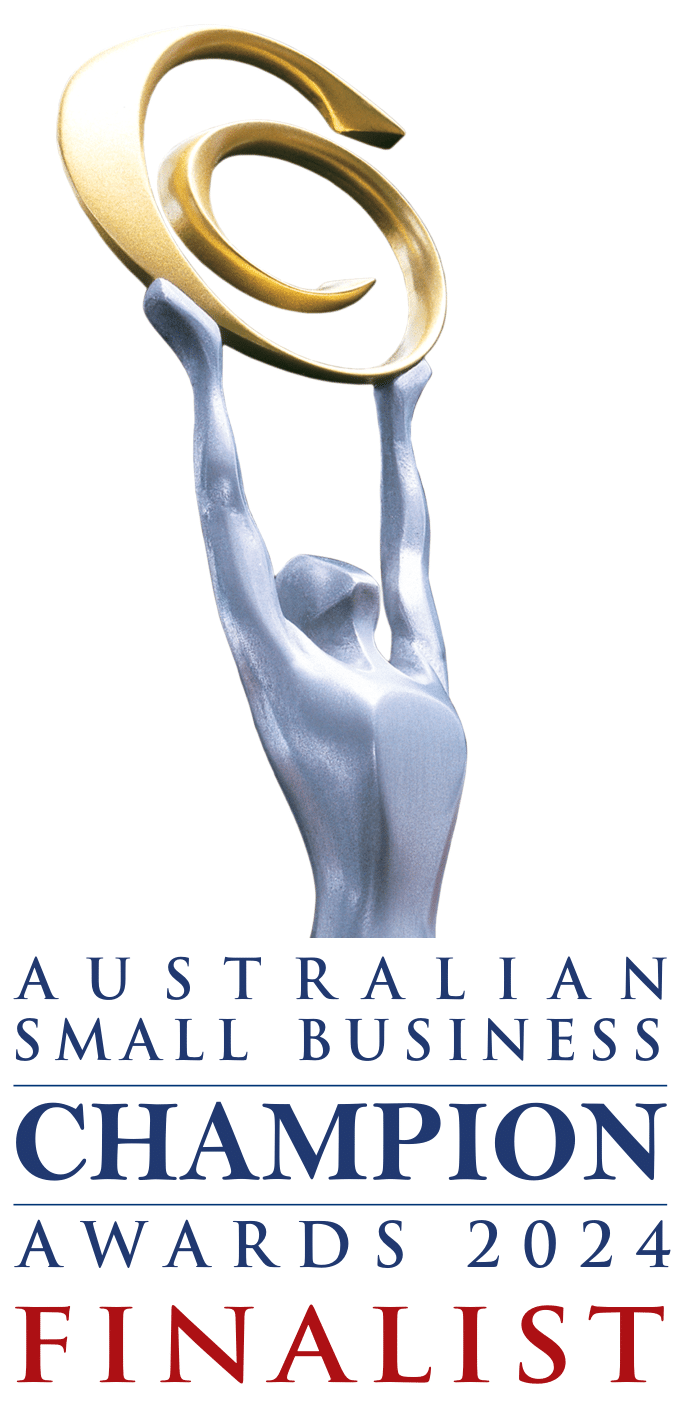Court Stages in the Supreme Court (NSW)
The Supreme Court of New South Wales deals with the most serious criminal matters in the state. These include offences such as murder, manslaughter, large-scale drug importation, and terrorism-related offences. Because of the seriousness of these charges, the process in the Supreme Court is highly formal and closely supervised by experienced judges.
How a Case Reaches the Supreme Court
Most criminal matters begin in the Local Court before being committed for trial or sentence in a higher court. Only the most serious indictable offences are transferred to the Supreme Court. The Director of Public Prosecutions (DPP) determines whether a case should be tried in the Supreme Court or the District Court.
First Appearance and Arraignment
Once a case is listed in the Supreme Court, the accused will appear for arraignment — a formal stage where the charges are read out and a plea is entered. This stage sets the direction for the case:
Pre-Trial Case Management
Given the complexity of Supreme Court cases, the court conducts a series of case management conferences before trial. These conferences ensure that:
Trial Process
Trials in the Supreme Court are typically conducted before a judge and jury, though some may proceed as judge-alone trials in certain circumstances. The process includes:
The jury then deliberates and delivers a verdict of guilty or not guilty.
Sentencing
If the accused is found guilty or pleads guilty, the matter moves to sentencing. Supreme Court sentencing hearings often involve complex evidence, including psychiatric assessments, pre-sentence reports, and victim impact statements.
Judges in the Supreme Court have wide discretion to impose penalties ranging from community-based orders (in rare cases) to lengthy or even life imprisonment.
Appeals
A person convicted or sentenced in the Supreme Court has the right to appeal to the Court of Criminal Appeal (NSW). Grounds for appeal may include legal error, improper admission of evidence, or that the sentence was manifestly excessive.
Why Expert Representation Matters
Supreme Court proceedings are among the most complex and serious in the criminal justice system. Effective representation can make a significant difference to the outcome, both at trial and during sentencing.
Contact EAS Legal for Expert Help
At EAS Legal, our senior criminal defence lawyers have extensive experience in serious indictable matters before the Supreme Court of New South Wales. We work closely with leading barristers to provide strategic, high-level representation.
Call 1800 117 533 or visit www.easlegal.com.au to arrange a confidential consultation with our experienced legal team.
Need to speak with a lawyer?
Our experienced lawyers are here to help you understand your legal rights and options. Contact us for a confidential discussion about your situation.

